Two Cultures - but maybe not the ones you are thinking?

When people discuss interdisciplinarity or the narrowness of much university education they often cite a famous extended essay by C P Snow, written in 1958-9, called The Two Cultures. Snow bemoans the fact that so few people in the humanities at university knew much about basic science and also, though to a lesser extent and in a follow-up essay, how few scientists were literate in aspects of the humanities or social sciences. He sees it as both enriching for the individual and beneficial for society if more people are more broadly educated.
Describing these two broad areas of human enquiry – the sciences and the humanities – as ‘cultures’, was an insight which built on an already-growing inquiry into the sociology of knowledge, and many other scholars such as Becher and Trowler in their book Academic Tribes and Territories, or those using Wenger and Lave’s idea of ‘communities of practice’, have gone on to analyse in more detail the cultural differences between different academic disciplines.
But what is a culture? Google dictionary defines it as ‘the ideas, customs, and social behaviour of a particular people or society’ and Merriam Webster as ‘the customary beliefs, social forms, and material traits of a racial, religious, or social group’. In a sense, then, the analysis of Snow and others is taking a sociological lens to academia and describing academics in a specified discipline as ‘a particular people’ or ‘a social group’.
There are further analyses of cultural differences we can consider when talking about universities: one is simply the culture of wider academia itself, compared to the social group ‘outside’. Nowadays we might define this non-academic group as the world of the ‘3 sectors’ where people outside universities work: business, government and the ‘non-profit’ sector.
For most of the last 20 years I have lived in the culture of universities. And, in fact, my much earlier childhood and family background is also immersed in university culture. Until I started working at UCL in my late 30s, I didn’t really appreciate how deeply I belonged to this culture and how at home I felt in it. Several friends and colleagues at UCL have suggested to me that the reason I was able to be successful at UCL in building the Arts and Sciences BASc degree was that I had an intuitive feel for what matters in a university – what makes a good university culture, if you like – whilst at the same time wanting that culture to develop and not become ossified.
It is a bit hard for me (and of course it feels a bit uncomfortable!) to say what this ‘feel’ is, but it has something to do with simply being ‘intellectual’. This, for me, means two things: 1. valuing the life of the mind, 2. valuing ideas in themselves as something interesting and often beautiful – to be explored, enjoyed and entertained in a creative and open fashion. These two ‘beliefs and behaviours’ form the core of an ‘intellectual culture’.
It’s important to note that valuing this culture and even ‘being an intellectual’ is not necessarily connected to ‘being smart’. I guess I am smart enough, but I absolutely guarantee you that I am not as smart as most of my academic colleagues at UCL. For most of my time at UCL it was a joy to learn from people smarter than me and they often seemed to enjoy talking to me because I was interested in their ideas and wanted to explore them together in an open way. This allowed me to make creative connections across disciplines and to build bridges between them, and thereby gradually construct a large but coherent interdisciplinary programme.
Which brings me to the London Interdisciplinary School. After my first week, it is incredibly exciting but also a little scary to find myself in a very different culture. My colleagues at LIS are simply outstanding. Just like at UCL, most of them are smarter than me. They have done things I could never do: built large and successful businesses from scratch; worked at senior level in world-class blue-chip companies; founded institutions, charities and trusts and negotiated all the complex political and media environments that this requires; taught themselves online whole new areas of knowledge etc. etc. Often, at work, I am thinking, ‘But how did you do that?’ or ‘This is so clear and well thought-out and presented, but what is the thinking behind the thinking?’ or even, ‘But why?’ or ‘Why not?!’. I guess these questions are the sorts of questions that arise when you find yourself in a new culture and much less can be taken for granted than before. We have all had similar experiences when visiting a foreign country or immersing ourselves in a new kind of music or artistic heritage.
There is nothing negative in this: this is exciting! This is how people learn – as individuals and as communities. A positive meeting of cultures in which there is mutual respect, healthy curiosity and genuine enjoyment in difference and novelty is how we can hope to progress. At the grand scale, this is how the great flowering of Greek culture arose as the early Greeks learnt from the Phonecians – and before them the Egyptians; this is how the Muslim Arabs interacted with a brought culture to the Medieval West and how Renaissance Europe rediscovered classical Greece. It is surely how China or Africa will develop further in the next great turn of the civilisational wheel.
But even at a far less grand a scale, it is what happens when there is a successful meeting of cultures in sport, academia or business. In sport, what Arsène Wenger achieved in bringing to Arsenal a more French, as well as a more scientific, culture revolutionised English football forever and helped to create some of the most attractive and successful teams ever seen; and in academia, my own grandfather, E H Gombrich, brought, from Vienna, a different culture to British Art History – including an interest in the psychology of how we create and look at images – which revolutionised the field in the 20th century.
This difference, this experiencing the ‘otherness’ of a culture, is no doubt something like what I and my new colleagues at LIS will experience as we build our new university around real-world problems, often generated in discussion with our partners in business or the public sector. In actively building the curriculum around current problems faced by businesses, charities and public sector organisations, we are going to meet very different ‘ideas, customs and social behaviour[s]’ from those met on most undergraduate programmes and, indeed, in many universities in general.
I have met with several organisations already (both in my last job and already with LIS) – big organisations in telecommunications, transport and law, and smaller organisations working in food waste, digital branding and human rights – and many talk of becoming better ‘learning organisations’, just as Harold Jarche and other business analysts have described. There is a talk of ‘knowledge sharing’, ‘co-creating’ and lots about ‘research’.
Well, this should be good news for universities as we are traditionally good at these things! We are knowledge institutions par excellence. It is exciting to think how we can bring some of this culture outside the university to places where it can impact positively on people’s lives. And I have found my partners in business and other sectors immensely interested to learn about what I would characterise as more usually intellectual matters to do with interdisciplinarity: complexity science, perspective taking, superconcepts (more on these later!), frameworks which cross disciplines or encourage creative or novel interdisciplinary work from students, even the history of universities themselves and how they may develop in future. Many organisations are keen to integrate these ideas and ways of learning into their current practices.
In this ‘cultural dialogue’ between academics and external partners, I am looking forward immensely to the sharing of ideas and learning that will take place.
The success of LIS will depend on all these institutions, including ourselves, learning from each other. I am confident that in the age of the knowledge economy an intellectual culture and an approach based on many of the best of university values can bring a great deal to our partners; at the same time I’m looking forward to the injection of energy and the discovery and scoping of fascinating problems which are of urgency to our partners. I believe that these relationships can continue to revitalise universities and that we, as universities, can continue to play a central part in our increasingly knowledge-based world.
Share this story
Sign up for our newsletter
Don't miss out on important updates including course information, new announcements, Open Day dates and the latest LIS news.






































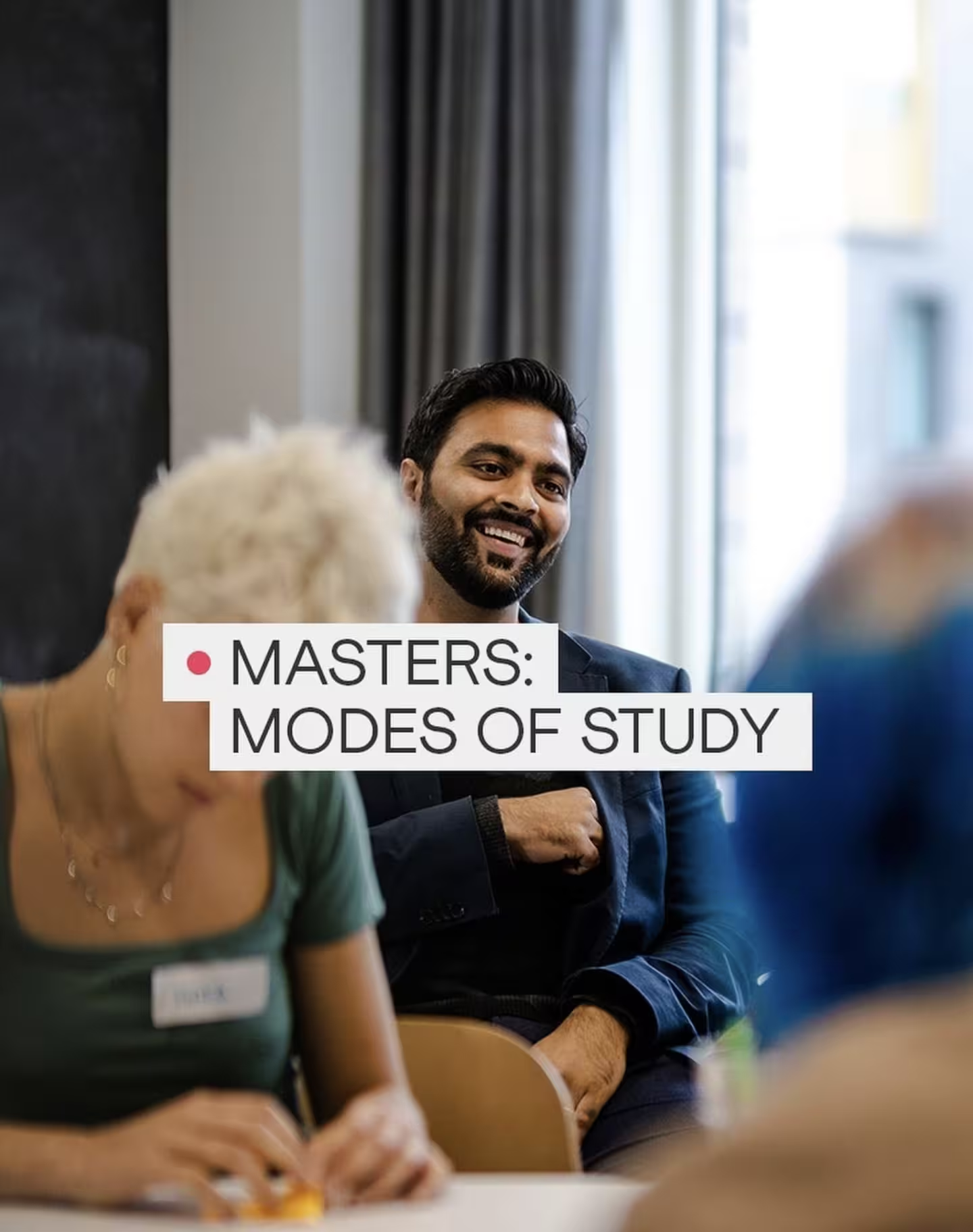
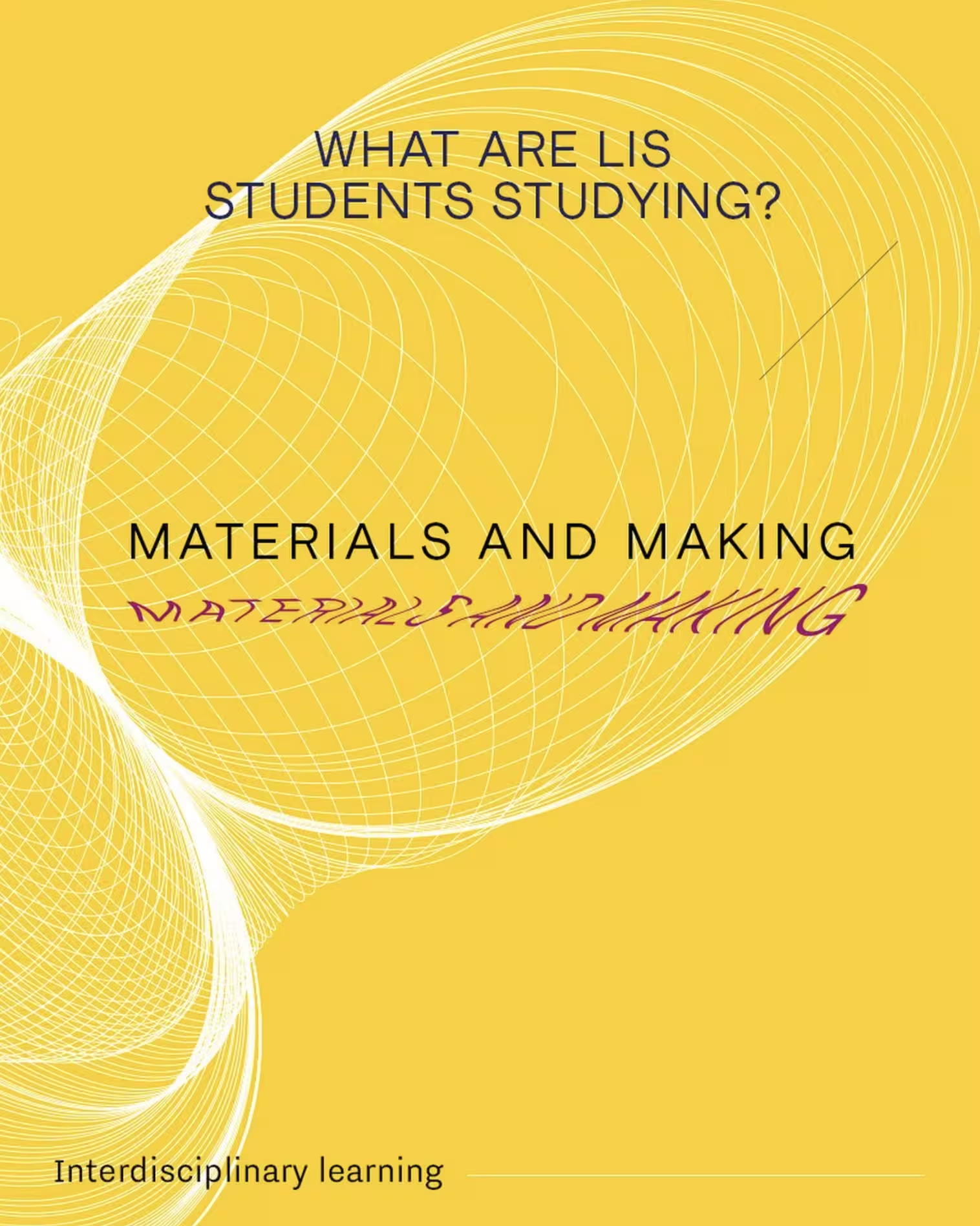
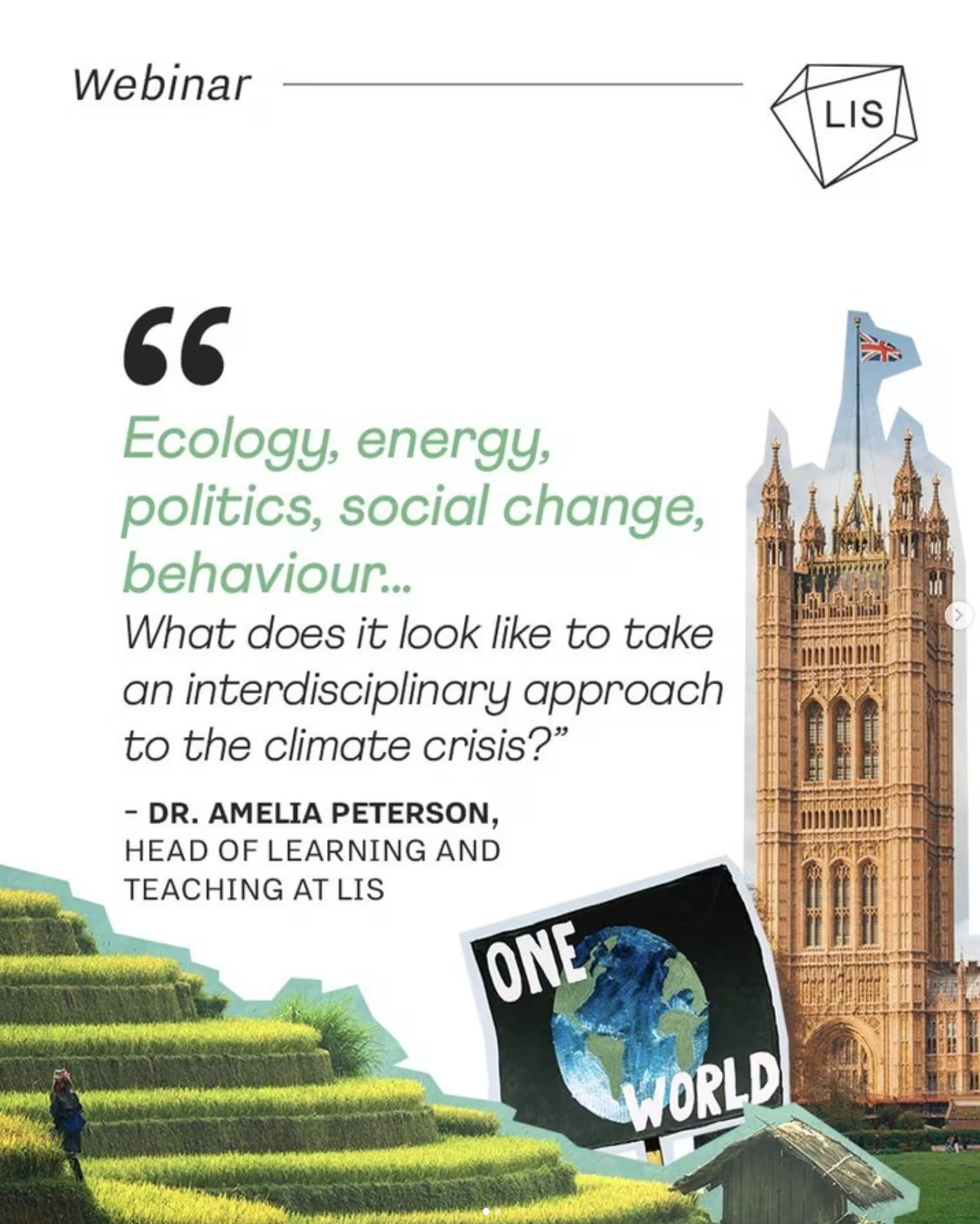






.svg)

.svg)
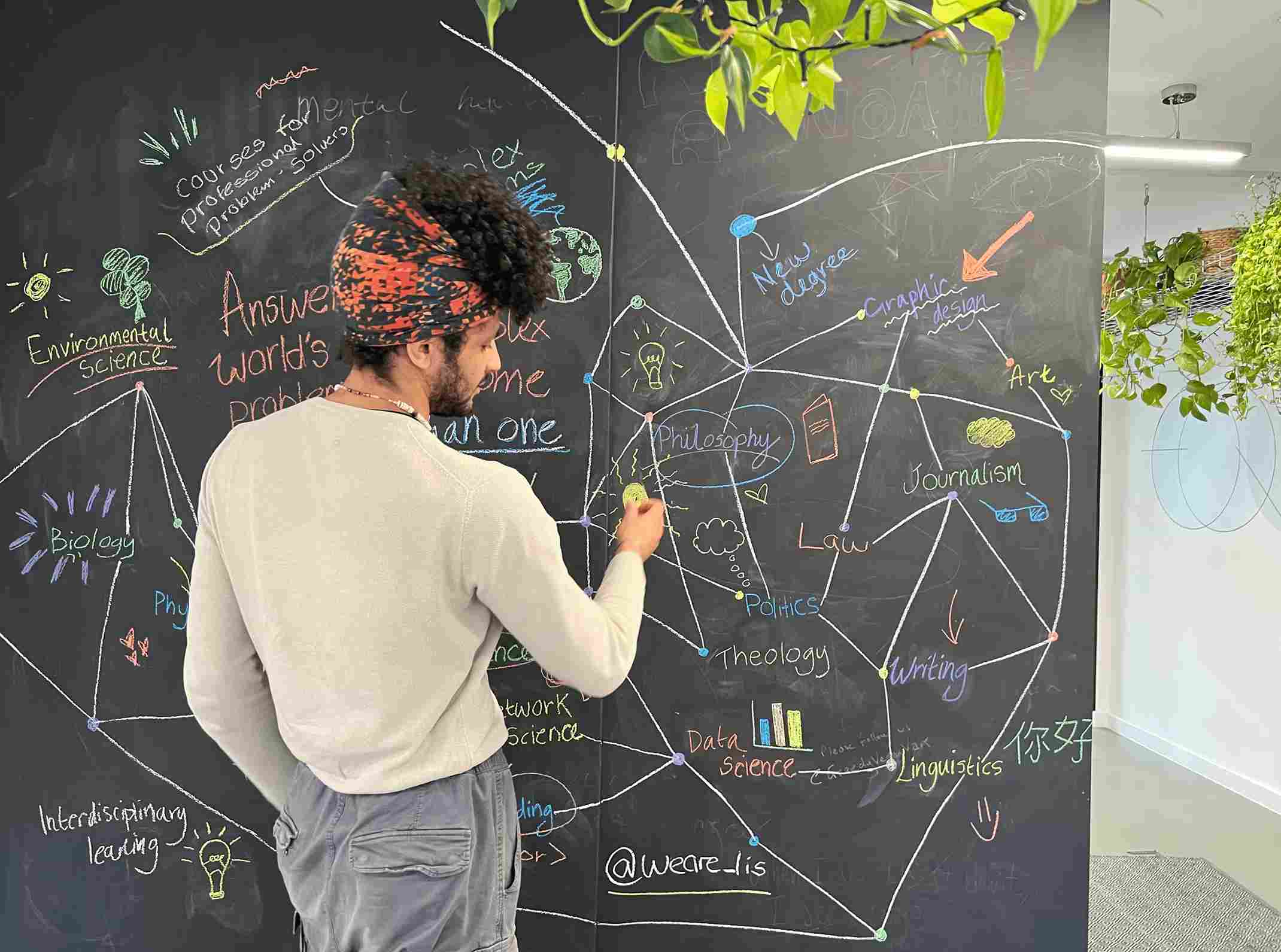







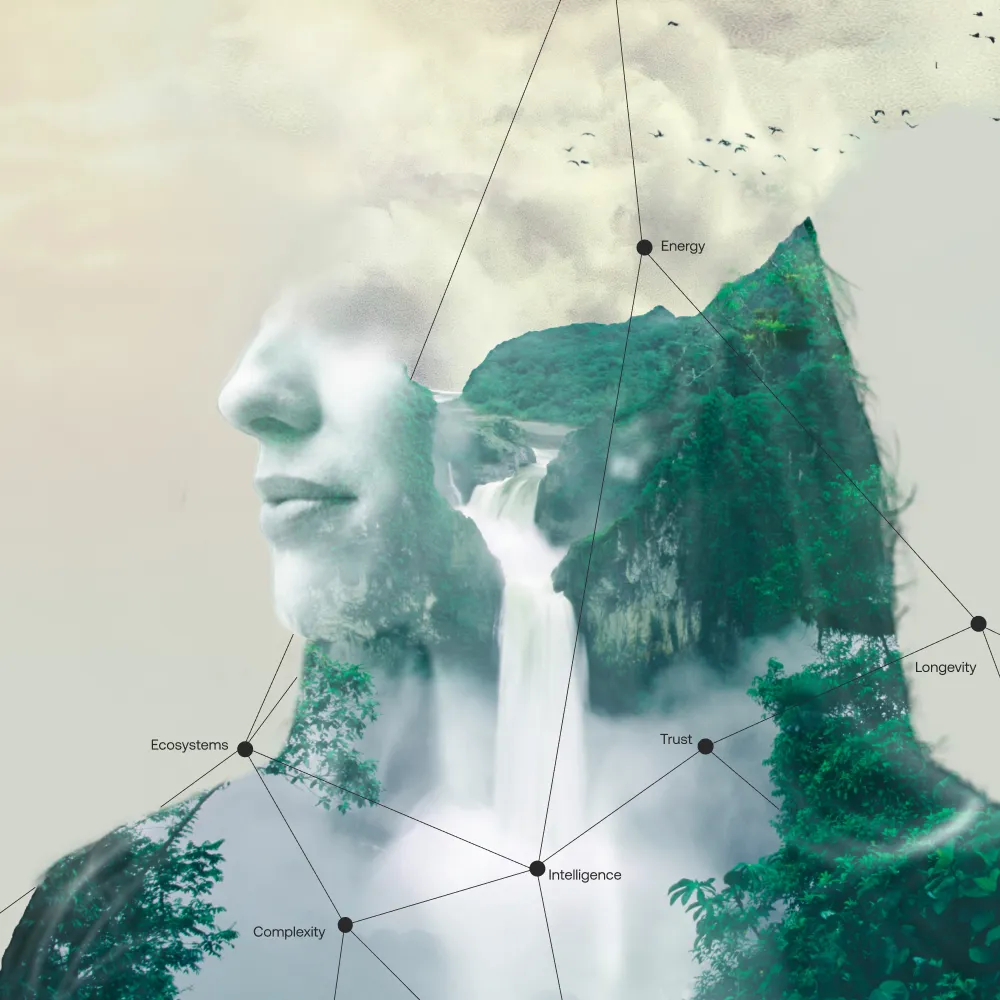
.webp)
This is a comment related to the post above. It was submitted in a form, formatted by Make, and then approved by an admin. After getting approved, it was sent to Webflow and stored in a rich text field.